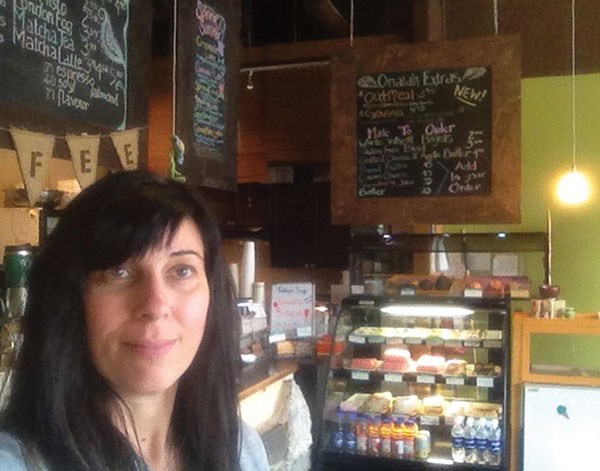It’s the little things that make a big difference, Katherine Mulvihill says.
The Squamish resident is out to level the playing field. The Royal Roads University business student wants to create a framework – using a few key tweaks – to help small non-profit and volunteer organizations operate like “the big guys.” And Mulvihill has chosen the Howe Sound Women’s Centre to be her case study.
She’s pinpointing her focus on transition houses. It’s a challenging task, considering such facilities deal with a lot of unknowns, Mulvihill said. She’s interested in “lean management,” looking for efficiencies within all the processes. This will include everything from admitting clients, to examining organizations’ strategies to help people re-enter into the community after receiving help. At the end of her research, Mulvihill hopes that transition houses throughout Canada can use the guide.
“My goal is to develop a procedural handbook,” she said.
Mulvihill hopes her research will aid the women’s centre in their push to provide long-term, sustainable housing for women and their children escaping abusive relationships. A recent study focusing on women fleeing abuse throughout the Sea to Sky Corridor stated there’s a need for 16, second stage-housing units in Squamish. These units would provide affordable housing for women beyond the initial crisis stage, enabling them to live free from violence and abuse, Howe Sound Women’s Centre executive director Sheila Allen told The Squamish Chief. Residents would also have access to counseling and one-on-one support services at the women’s centre.
The donated study is worth an estimated $35,000. Such research can be crucially important to organizations, such as the women’s centre, that often don’t have the funding to put their inner workings under the microscope, Mulvihill said.
“It will help them maximize the efficiency they have with the budget they have,” she said.



